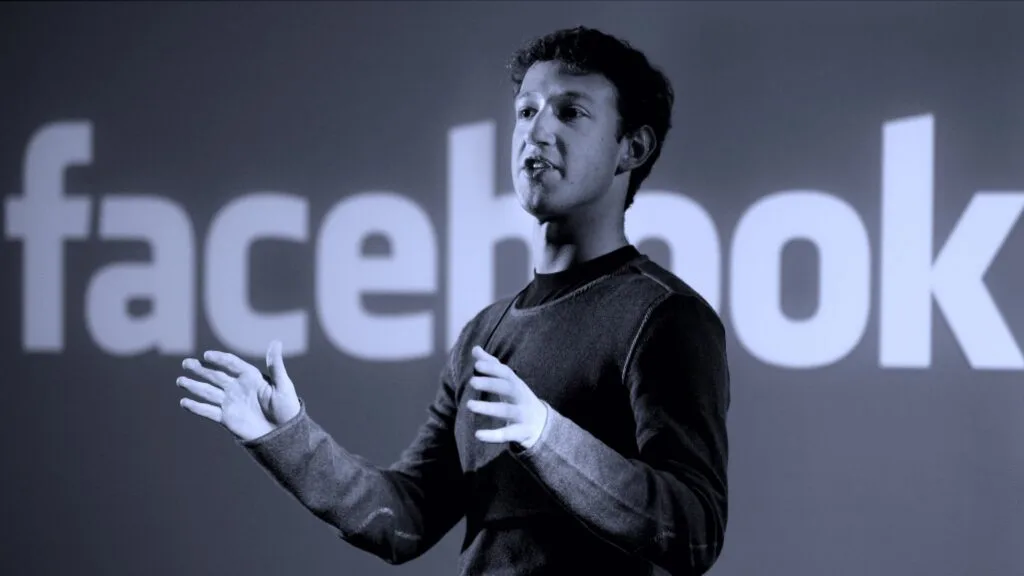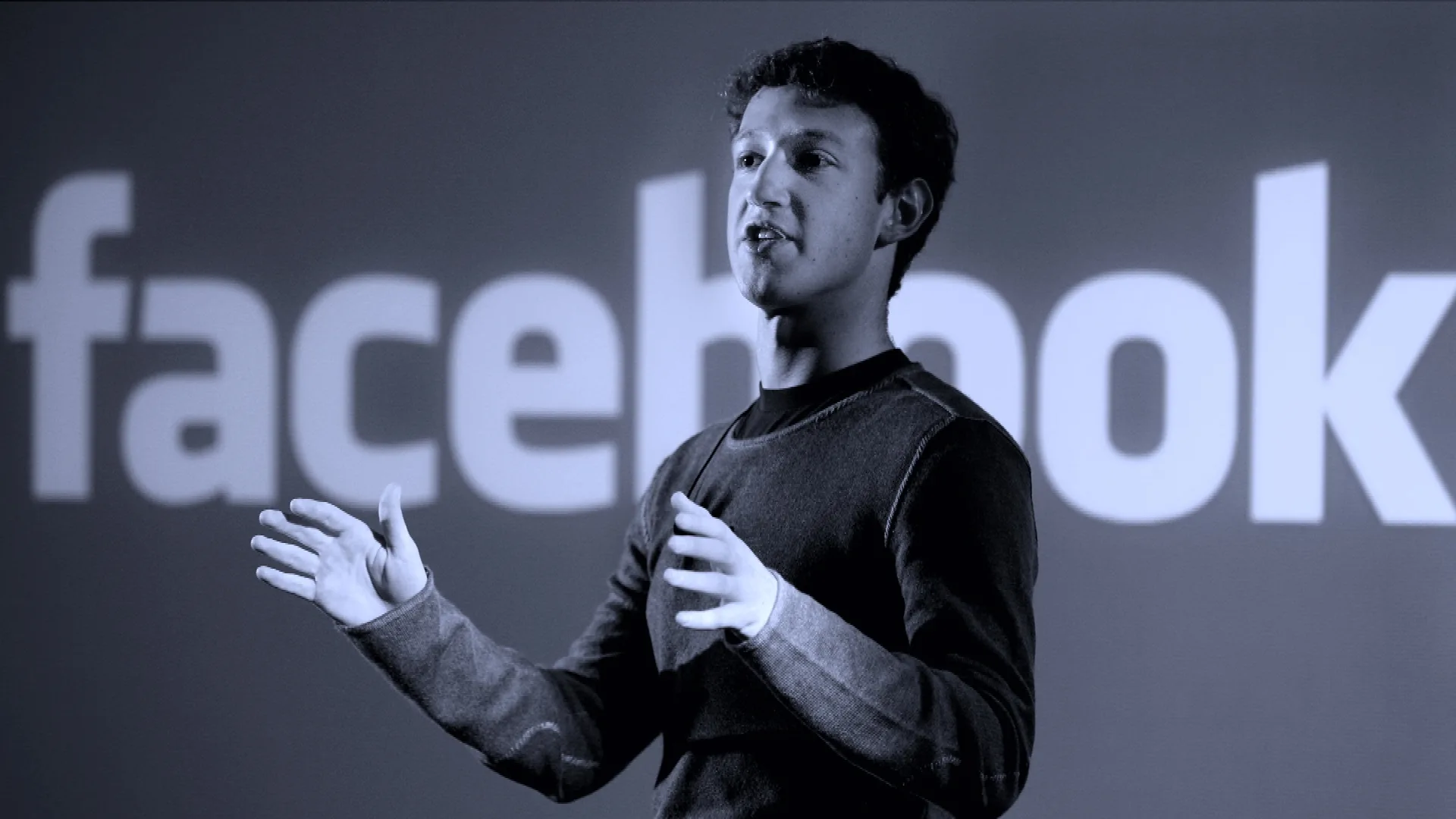WATCH: How Facebook Built a “Surveillance Machine”
October 25, 2018
Share
It was late in 2011, and Facebook was on the verge of something big.
The company was preparing to take its rapidly growing business to the next level by going public.
To the press, Mark Zuckerberg and Sheryl Sandberg had downplayed the extent of the personal data Facebook was collecting, and emphasized a commitment to users’ privacy: “Our business model is by far the most privacy-friendly to consumers,” Sandberg said in November of 2011.
But internally, as part of Zuckerberg’s quest to show investors and advertisers the profit that could be made from Facebook’s most valuable asset — users’ personal data — Sandberg would soon lead Facebook in a very different direction.
In the above scene from The Facebook Dilemma, a FRONTLINE documentary that comes to PBS Mon., Oct. 29 and Tues., Oct. 30, go inside Facebook’s choice to seek new ways to collect personal data on users, wherever they went.
In the face of flattening revenue, in March of 2012, “she basically said, like, we have to do something. You people have to do something,” Antonio García Martínez, a former Facebook product manager, tells FRONTLINE. “And so there was a big effort to basically pull out all the stops and start experimenting way more aggressively.”
In the months leading up to Facebook’s initial public offering in May of 2012, the company didn’t just seek to gather more data on its users, but to partner with outside data brokers to be able to offer more targeted ads on the platform.
This is “data that the consumer doesn’t even know that’s being collected about them because it’s being collected from the rest of their lives by companies they don’t know, and it’s now being shared with Facebook, so that Facebook can target ads back to the user,” says Facebook’s former director of global public policy Tim Sparapani, who was so uncomfortable with the direction Facebook was going that he left before the company’s work with data brokers took effect.
For potential advertisers, Facebook’s moves would add up to a winning formula: “They made a product that was a better tool for advertisers than anything that had ever come before it,” venture capitalist and early Facebook investor Roger McNamee tells FRONTLINE.
But for users, it would mean something else.
“What Facebook does is profile you,” Zeynep Tufekci of UNC Chapel Hill says in the above excerpt from the documentary. “If you’re on Facebook, it’s collecting everything you do. If you are off Facebook, it’s using tracking pixels to collect what you are browsing. And for its micro-targeting to work, for its business model to work, it has to remain a surveillance machine.”
For more on Facebook’s growth and its consequences, watch FRONTLINE’s The Facebook Dilemma. This two-part documentary premieres Monday, Oct. 29 and Tuesday, Oct. 30 on PBS (check local listings) and online at pbs.org/frontline.

Related Documentaries
Latest Documentaries
Related Stories
Related Stories
Explore
Policies
Teacher Center
Funding for FRONTLINE is provided through the support of PBS viewers and by the Corporation for Public Broadcasting, with major support from Ford Foundation. Additional funding is provided the Abrams Foundation, Park Foundation, John D. and Catherine T. MacArthur Foundation, Heising-Simons Foundation, and the FRONTLINE Trust, with major support from Jon and Jo Ann Hagler on behalf of the Jon L. Hagler Foundation, and additional support from Koo and Patricia Yuen. FRONTLINE is a registered trademark of WGBH Educational Foundation. Web Site Copyright ©1995-2025 WGBH Educational Foundation. PBS is a 501(c)(3) not-for-profit organization.





















